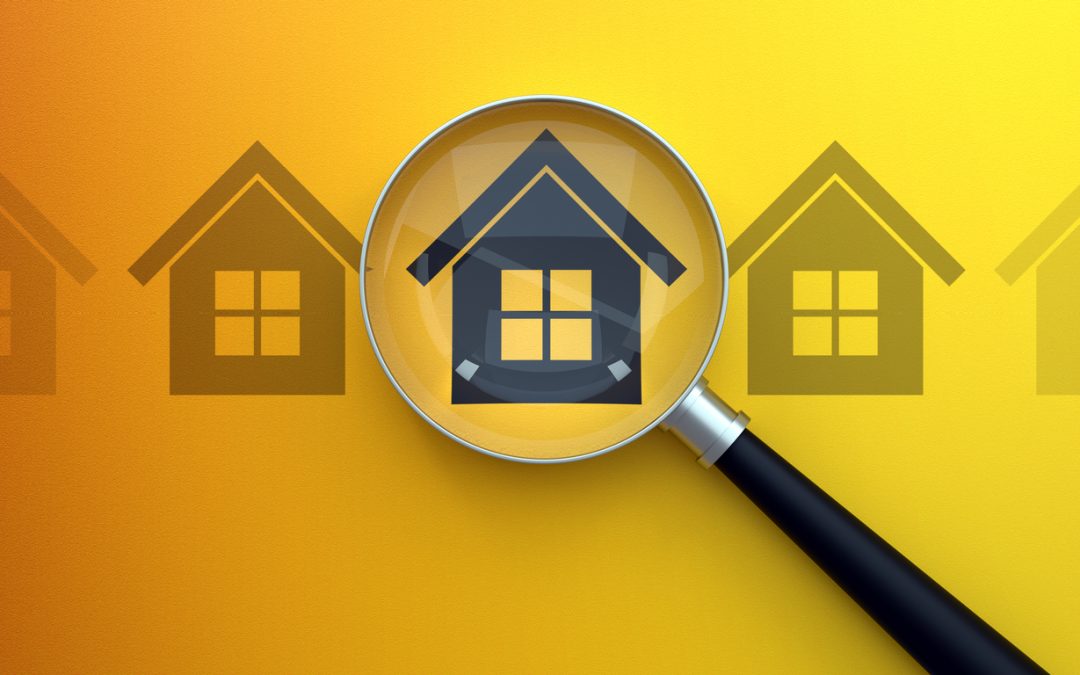A common thought in the non-inspector world is that home inspections are required. If you have not bought or sold a home in years, you may not even know what home inspections are. However, in the last 30 years or so, a home inspection is a common practice as part of due diligence when buying a home.
Home Inspections have become so common that they are often expected by all parties involved in a real estate transaction. So are inspections required? In a word, no. Most of the time. Let me explain. In a standard transaction, meaning a cash deal or conventional loan, there is no requirement to get a home inspection. The inspection is at the sole discretion of the buyer and is built into the purchase agreement. The inspection (in Indiana) is required to be completed by a licensed home inspector with a written report. However, neither the buyer nor seller have any obligation to follow, repair, and improve any of the defects, problems, or suggestions the inspector makes. While we don’t recommend that attitude, it’s a fact that our findings are opinions only, based on years of experience and training. While a buyer will typically use the inspection to negotiate with the seller on significant findings, nothing is making the sellers change or fix anything.
Some government-backed loans (FHA or USDA) will require at least certain types of inspections. For example, depending on the age of the home, the lender will request water testing, environmental testing, or pest inspections for wood-destroying insects. Some programs require a full-blown home inspection and satisfactory results from the home inspection or subsequent repairs.
In summary, inspections aren’t required on conventional transactions but can be government-assisted loans.


Recent Comments